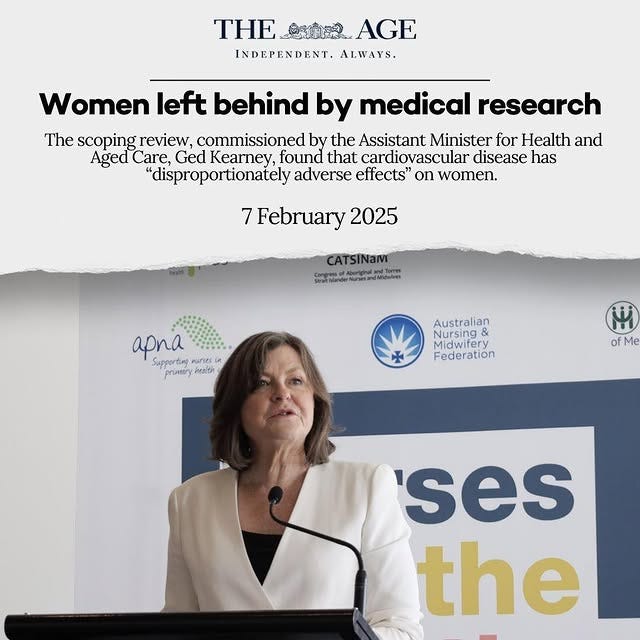Breaking News: for women and those who love them
Menopause and women's health is being recognised and $500m pledged by the Australian government. My favourite resources below.
This weekend, the Australian government announced its commitment to improving women’s health—specifically around contraception, menopause, and hormone therapy!!!!
I almost cried!
For too long, this has been an underfunded, under-discussed, and under-supported area of medicine. The generations before us had to suffer in silence, dismissed with a pat on the…





